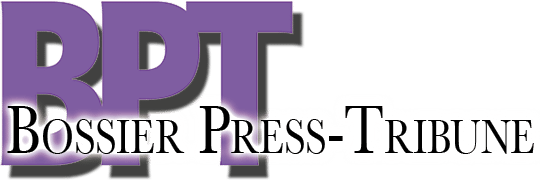Writer: Tobie Blanchard at [email protected]
(04/05/24) BATON ROUGE, La. — LSU AgCenter entomologist Rodrigo Diaz has been named director of the AgCenter’s Center for Research Excellence for the Study of Invasive Species. The center is working to advance the understanding of destructive nonnative insects, weeds, wildlife and disease-causing microorganisms.
With more than 40% of invasive species found in the United States being present in Louisiana, the center is a necessity to better understand and control them, said Matt Lee, LSU vice president for agriculture.
“Rodrigo Diaz has conducted research in the control of the invasive roseau cane scale and giant salvinia,” Lee said. “His success in leading multifaceted research teams with over $10 million in funding was a basis for him being selected as the director of this new center.”
Diaz, whose research has focused on the study of invasive species impact on managed and natural ecosystems, will facilitate the direction and management of the center; develop research goals and objectives; and coordinate research, education and outreach activities.
“We will use our expertise to conduct risk assessments, develop monitoring programs and advance eradication and control measures,” Diaz said. “Additionally, we need to foster collaboration and knowledge-sharing among stakeholders, including researchers, policymakers, land managers, farmers and citizens.”
Currently, the center has collaborators at Southern University, LSU and the U.S. Army Corps of Engineers.
With the diversity of organisms and landscapes in Louisiana, Diaz said he envisions a dynamic team, allowing for recruitment of collaborators based on expertise.
Invasive species cause $120 billion in damage in the U.S each year, harming agricultural production, human habitation, forestland, wetland and native species. They threaten economic and ecological stability, displace native species and increase agricultural production costs.
Louisiana is home to some of the most destructive invasive species found in the United States. The AgCenter has long worked to monitor and manage them.
“The center would benefit Louisiana by promoting interdisciplinary research, fostering proactive management strategies and enhancing stakeholder collaboration with the goal of safeguarding the state’s agricultural, ecological and economic interests from the impact of invasive species,” Diaz said.
With the connectivity of ecosystems, particularly via the Mississippi River, Diaz said the center initiatives could mitigate the spread of invasive species beyond borders and develop regional management plans.
Michael Stout, head of the LSU AgCenter Department of Entomology, is involved in research with the center and said the AgCenter is uniquely positioned for this work.
“The LSU AgCenter in general, and the Department of Entomology in particular, have a long history as leaders in the field of integrated pest management. Many of the pests on which our faculty conduct research are invasive pests,” Stout said. “Invasive pests will probably increase in importance in the coming decades in Louisiana due to the state’s subtropical climate, proximity to ports of entry and the presence of diverse cropping systems.”
Stout said in addition to the research, the center will develop educational programs to increase the awareness of the importance of invasives by the public and engage them in the effort to prevent entry and manage established pests.


